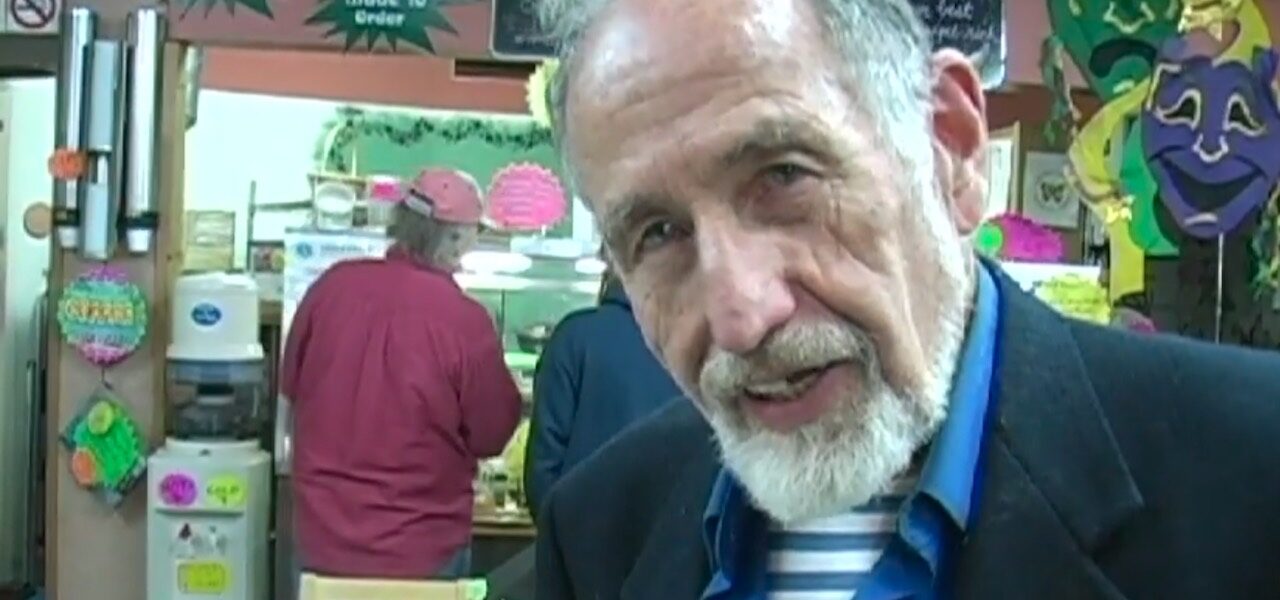
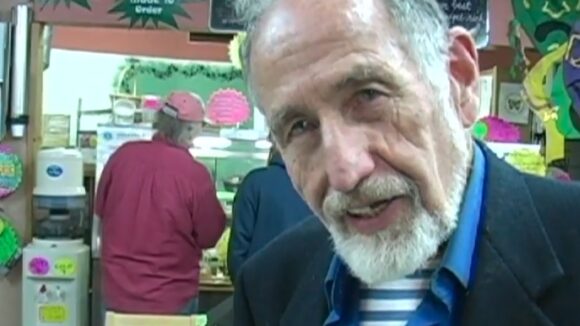
Don Duga, Industry Artist Who Worked At Rankin/Bass And UPA, Dies At 87
Don Duga, a veteran layout and storyboard artist, designer, director, and educator, died on May 30 in Westhampton, New York. He was 87.
In a career that spanned more than half a century and both coasts of the U.S., Duga lent his talents to a wide range of series and films, notably at Rankin/Bass Productions, where he worked on the likes of Frosty the Snowman (1969) and The Little Drummer Boy (1968). His career also included a stint at UPA and eventually saw him co-found his own studio, Polestar Films & Associated Arts.
Donald Jerome Duga was born on January 1, 1934 in Hollywood. After serving in the army during the Korean War, he earned a bachelor of fine arts from the Chouinard Art Institute (which later became Calarts). Harboring ambitions to be a painter, he was encouraged to enter animation by a teacher, who advised him that he could earn a living that way.
Graduating in 1959, Duga joined United Productions of America (UPA) in Burbank. His first job was storyboarding on the tv series Mister Magoo (1960–62), which starred the studio’s best-known character. He got his big break when asked to replace the head writer, and ended up working on the storyboards, layouts, and design of the show.
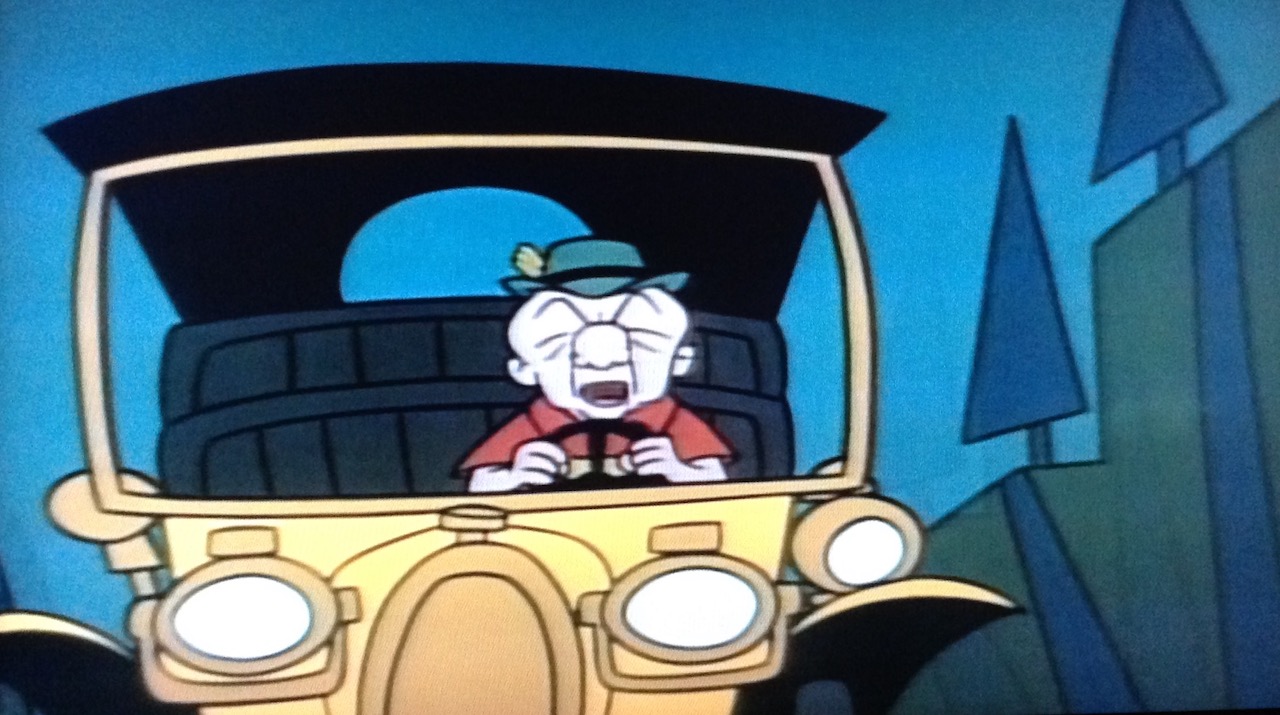
Duga moved to New York and ended up as an art director at Pelican Films, which specialized in commercials. He would remain active in advertising throughout the 1960s and 1970s, not least for food company Hostess, for which he designed iconic characters including Twinkie the Kid, Captain Cupcake, King Ding Dong, and Fruit Pie the Magician.
It was in New York that Duga met Arthur Rankin and Jules Bass, founders of the eponymous studio, which produced popular hand-drawn and stop-motion seasonal specials (with animation generally outsourced to Japan). Duga joined the studio as it was working on Rudolph the Red-Nosed Reindeer (1964).
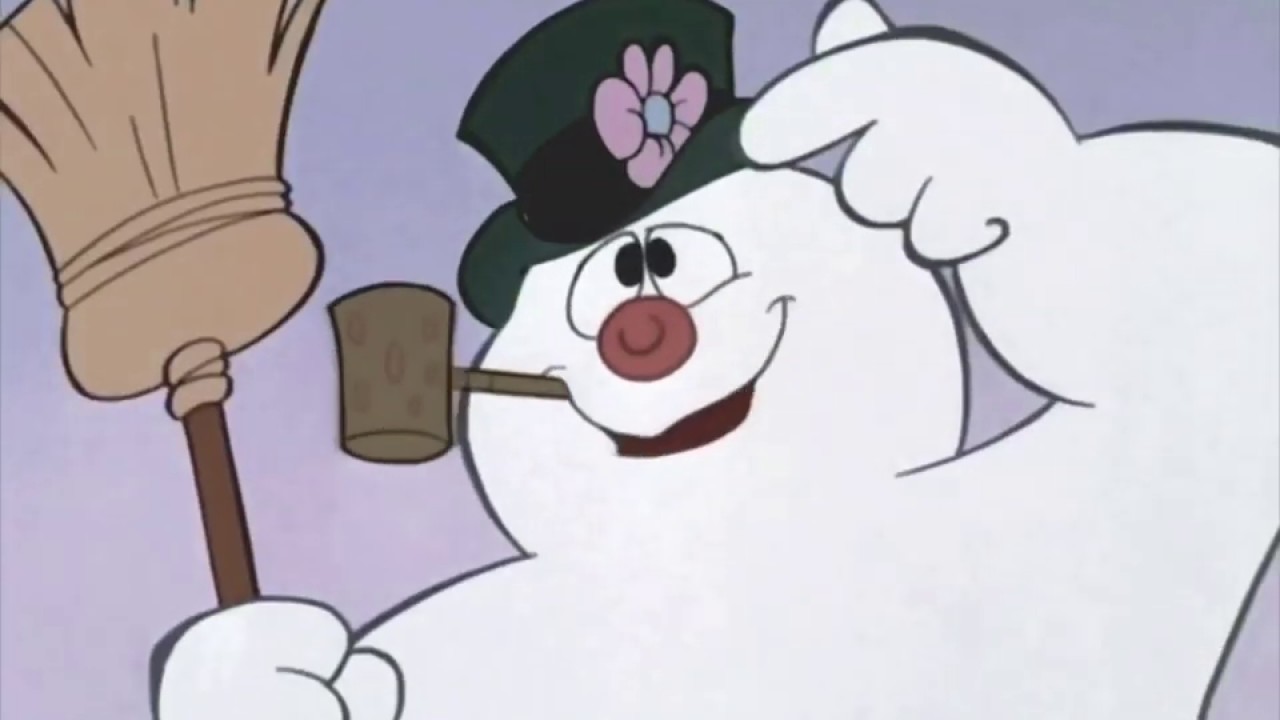
He went on to pick up credits for continuity design on tv specials like Santa Claus Is Comin’ to Town (1970), the Emmy-nominated The Little Drummer Boy, perennial holiday favorite Frosty the Snowman, cult comedy Mad Monster Party? (1967), and feature The Last Unicorn (1982). He storyboarded, too. Describing his work on Frosty, Duga told MyLITV: “A lot of it comes from the actors: what’s their import to it? Where’s the direction to it? And then my job is to take it and really push that: what’s [Frosty] going to look like if he’s buoyant, you know?”
After a period spent working in Italy, Duga returned to Manhattan and in 1976 founded Polestar with Irra Verbitsky, his wife and fellow artist. The studio produced a number of shorts for young audiences which Duga and Verbitsky co-directed, such as Owen (1995), Chicken Little (1998), and The Island of the Skog (2000). They won numerous awards, including the Carnegie Medal for Excellence in Children’s Video for Owen. Polestar was also behind educational spots for clients like Sesame Street and Nickelodeon.
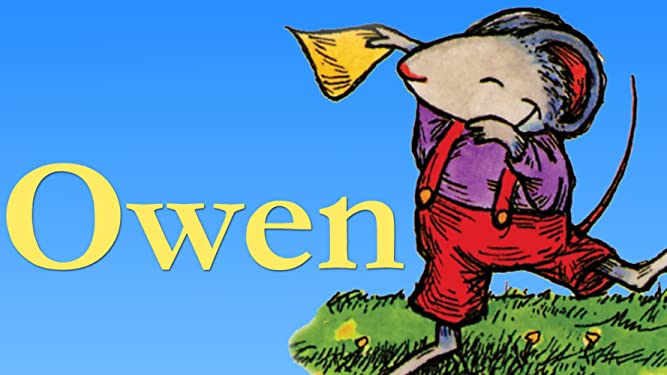
The whole time, Duga taught animation at the School of Visual Arts in Manhattan: he joined the school in 1962 and stayed there for half a century. On learning of his death, several former students took to Twitter to pay tribute:
Sad to hear one of my animation teachers from SVA just passed away. Don Duga worked on Rudolph The Red Nosed Reindeer & Frosty! I remember one day the life drawing model didn’t show up, so Don got on stage and pretended to be animals so we could keep drawing. RIP Don Duga. 🙏🏼 pic.twitter.com/q1aEmGwa5P
— Giancarlo Volpe (@Giancarlo_Volpe) June 7, 2021
Really saddened to hear the news that Don Duga, animator & teacher, recently passed away at the age of 87. Don was my first year life drawing teacher at SVA. He was a gentle soul with such a calm demeanor and encouraging spirit, which was just what I needed that 1st year [THREAD] pic.twitter.com/Mce2LDGE1M
— Michael Ruocco (@AGuyWhoDraws) June 6, 2021
In his later years, Duga continued to pursue his art, hosting shows, exhibiting paintings, illustrating magazine covers, and generally remaining active in the community in the Long Island town of Riverhead, where he had a home.
He is survived by Verbitsky, daughter Amanita Duga-Carroll, and son Brady Duga, as well as four grandchildren (Jacob, Kyle, Lily, and Cameron), son-in-law Bruce Carroll, and daughter-in-law Gina Pisello.

.png)